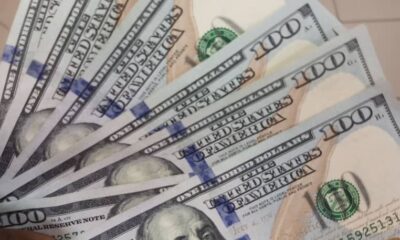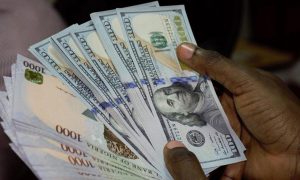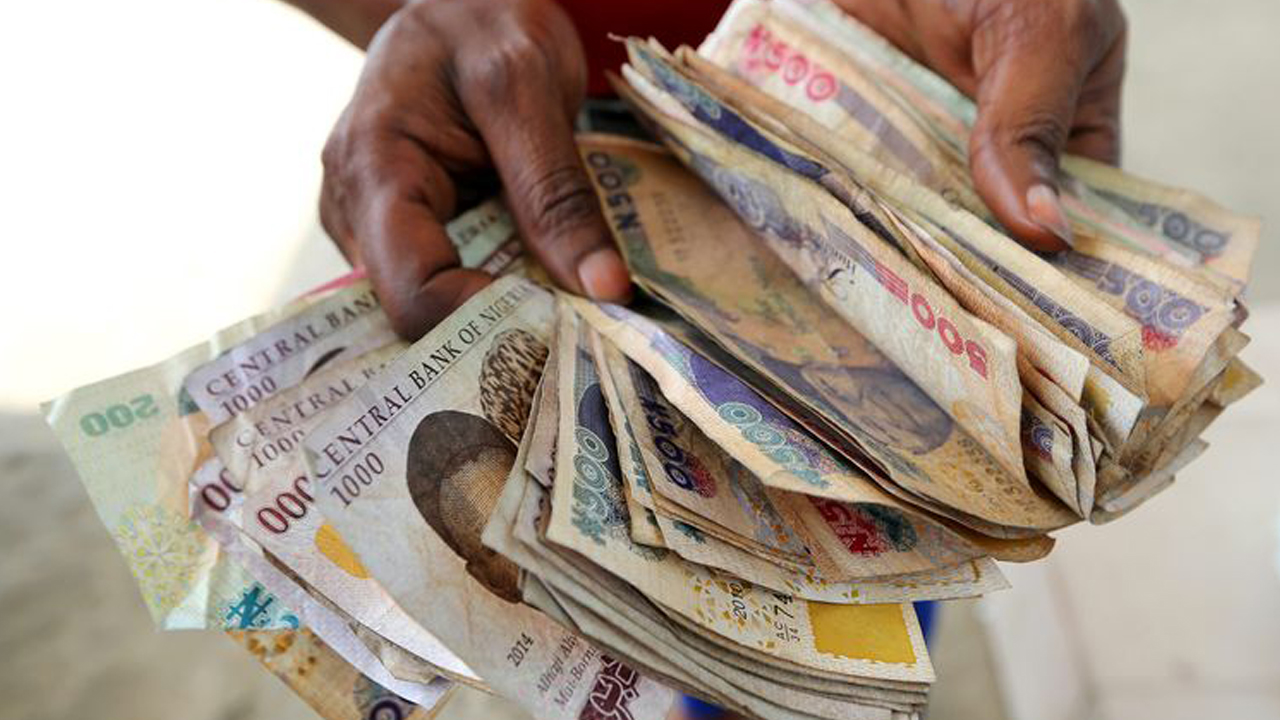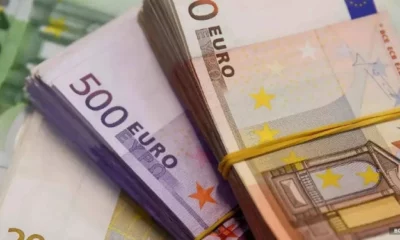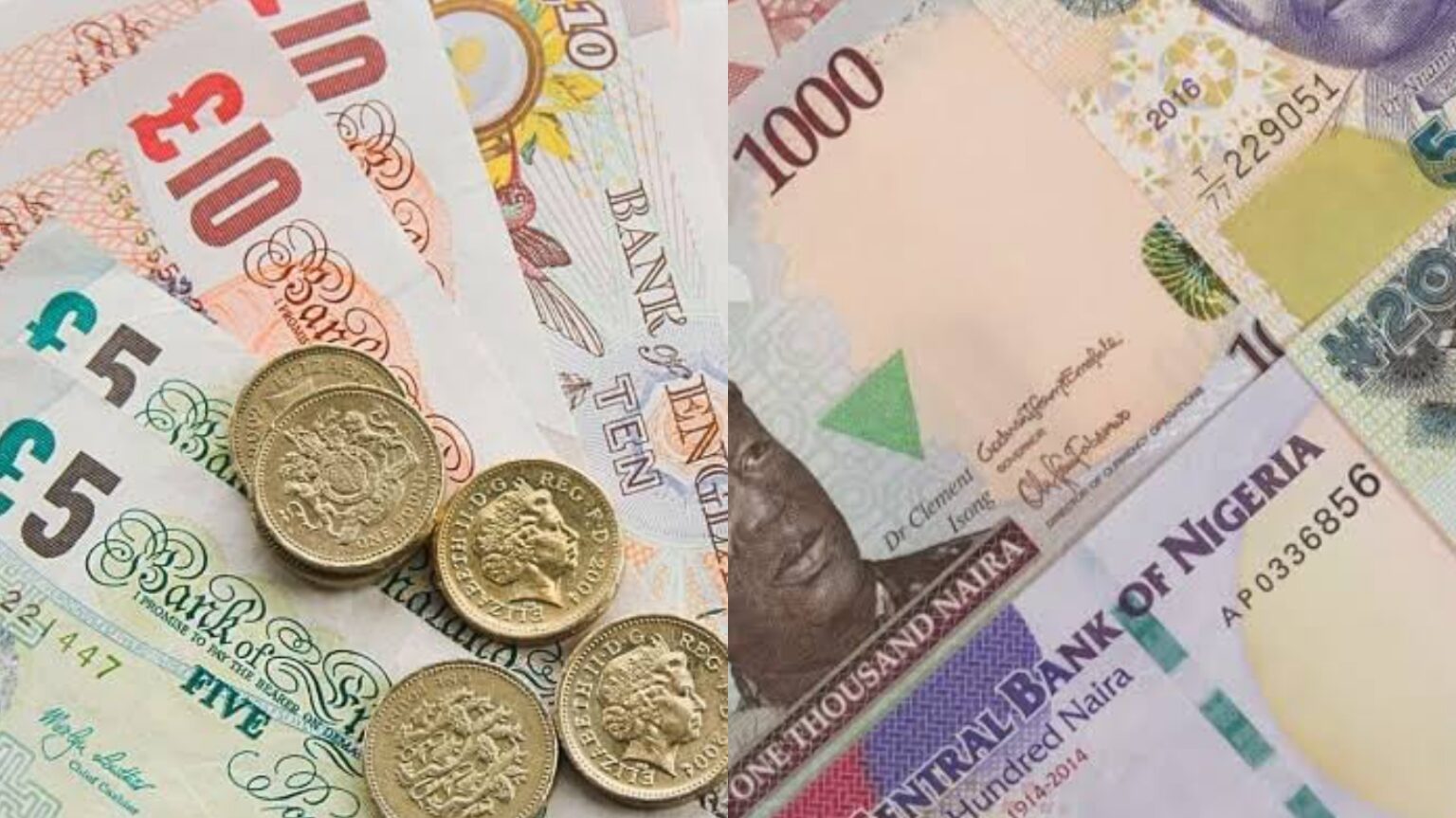Nigeria News
BREAKING: Naira inches closer to N1000 per dolar in black market
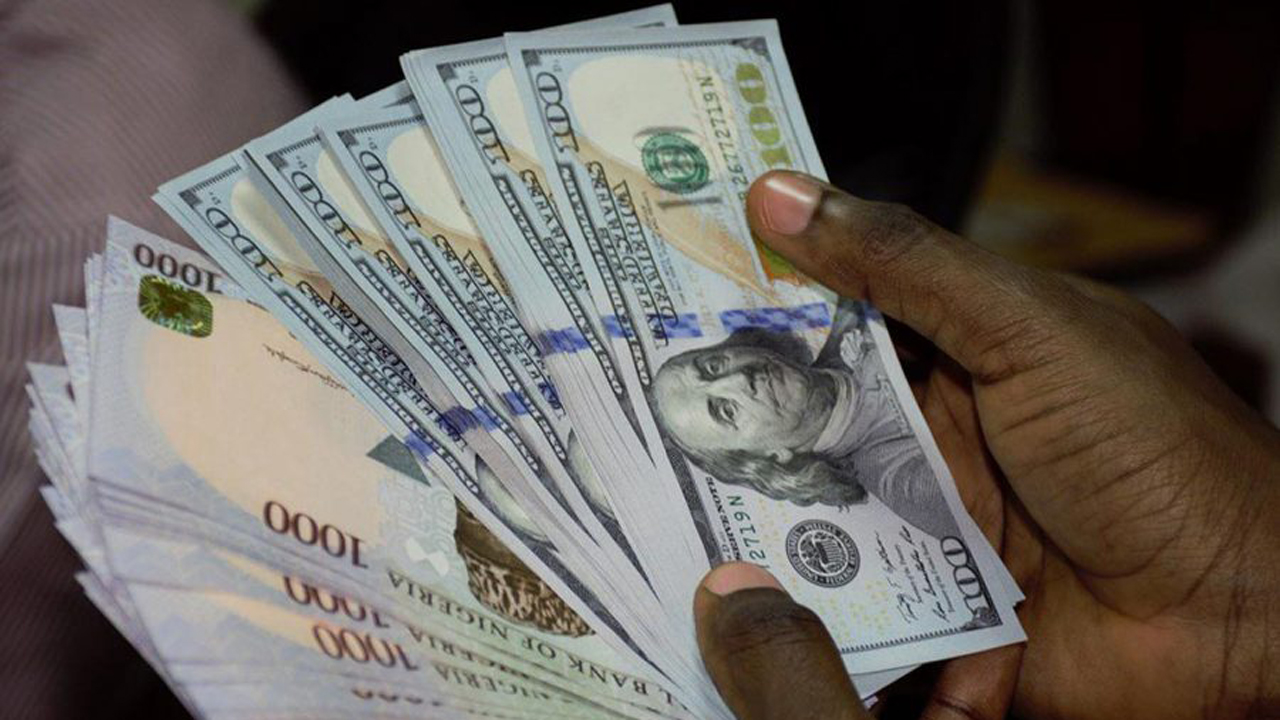
In the latest economic development, the Nigerian naira has experienced a significant downturn, reaching an unprecedented low of N925/$1 on the parallel market. This drop is primarily attributed to a surge in the demand for foreign currency, surpassing the available supply.
This occurrence follows the recent shift in foreign exchange policy, marking a distinct departure from the approach during the tenure of President Muhammadu Buhari. In contrast to the prior administration, the current leadership, under President Tinubu, has embraced a more open stance on foreign exchange.
During the previous administration, international institutions like the World Bank, alongside experts in the fields of banking, finance, and economics, frequently voiced concerns about the dual valuation of the naira. This system was seen as detrimental to the economy, enabling a select few to amass substantial profits without generating tangible output. These individuals capitalized on the difference between the official exchange rate provided by the Central Bank and the higher rates in the black market.
In his inaugural address on May 29, 2023, President Tinubu underscored the need for a comprehensive overhaul of monetary policy. He emphasized the necessity of a unified exchange rate to redirect funds from speculative activities to productive investments in essential sectors like manufacturing, infrastructure, and job creation.
Taking a significant step towards this vision, the Central Bank of Nigeria (CBN) abolished the segmented forex market on June 14, 2023. Deposit Money Banks were granted the liberty to freely float the naira against major international currencies, ending the previous practice of rate imposition by the CBN. This move, aimed at enhancing market efficiency, has not prevented the naira’s ongoing depreciation on the parallel market.
Market observers in Abuja reported an exchange rate of N915/$1 for cash transactions, indicating a continuing decline. Similarly, in Lagos, the commercial hub, the dollar was exchanged at rates ranging between N880 and N890.
A survey conducted at the Murtala Muhammed International Airport and Allen Junction revealed Bureau De Change operators selling the dollar for as much as N890, while purchasing it for N900 to N905. Operators in Lagos confirmed the upward trend, with some mentioning rates as high as N890.
In Kano, the parallel market concluded Tuesday with the naira trading at N900/$1. However, a new day saw the market open with the naira depreciating to N919/$1, in stark contrast to the I&E (Investors and Exporters) market where the naira traded at N750.2/$1. This disparity of approximately N169 highlights the volatility between the parallel and I&E markets.
Reports from Kano’s Wapa Forex Market indicated that the price surged even further, reaching N925/$1 by around 1 pm. This relentless decline signifies the challenges posed by the evolving forex landscape, underscoring the complexity of managing Nigeria’s currency value in the current economic climate.


